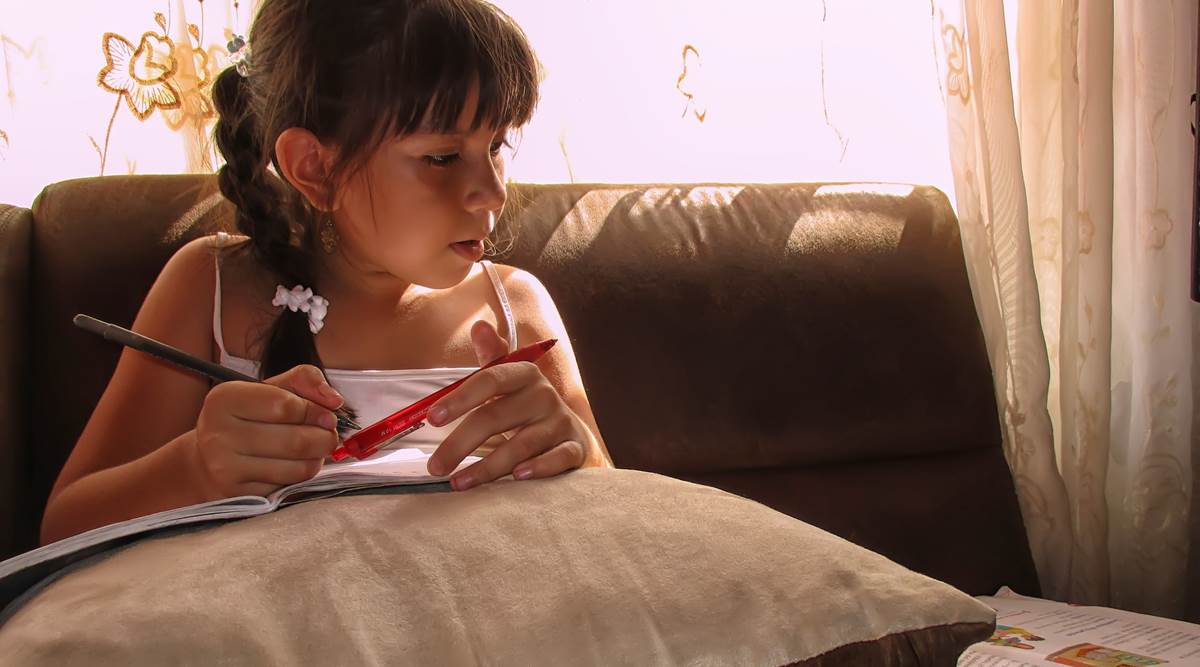As per the findings, the socioeconomic status had a major role to play on how well the children performed at school.

New research has indicated that children who are born and raised by same-sex parents may perform better at school, than those who are raised by different-sex parents. According to a study conducted by researchers at the University of Oxford in UK, and Maastricht University in the Netherlands, children with same-sex parents perform better during both their primary as well as secondary education.
According to The Independent, the research analysed administrative longitudinal data of 2,971 children with same-sex parents in the Netherlands, the first country to legalise same-sex marriage, of which 2,786 were with lesbian couples and 185 with gay male couples along with more than one million children who were with parents of the opposite sex. All the children who were a part of the research, were born between 1998 and 2007, and their performance was tracked till 2019.
As per the findings, the socioeconomic status had a major role to play on how well the children performed at school, lead author, Deni Mazrekaj, a postdoctoral researcher at the University of Oxford explained. “We found that same-sex parents are often wealthier, older and more educated than the typical different-sex couple. Same-sex couples often have to use expensive fertility treatments and adoption procedures to have a child, meaning they tend to have a high level of wealth,” Mazrekaj was quoted as saying.
ALSO READ | Barefoot parenting: This Mumbai couple is giving their son a gender neutral, gadget-free childhood
He also explained that once the socioeconomic status was balanced, “the positive association between having same-sex parents and performing well at school was reduced”, but that it still “remained positive”.
“It is likely other factors also play a role. For instance, these are wanted pregnancies and same-sex parents are also likely to be highly motivated to become parents, given the procedures they have to undergo to have children. Nonetheless, we only had data on the socioeconomic status, the rest is just a hypothesis, and future studies should address this,” he further said, per the Independent report.
Source: Read Full Article